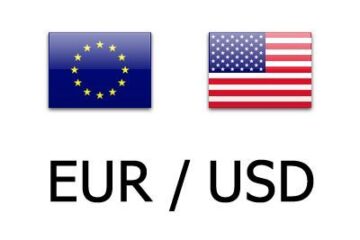Streaming services are rapidly taking over the multimedia business, leaving traditional cable TV on the outside looking in.
Subscription-based streaming services like Netflix (NFLX) , Hulu (HULU) , and Disney+ (DIS) have become increasingly popular because they offer a wide range of shows and movies that can be easily binge-watched anywhere and anytime.
Related: ‘Monday Night Football’ fans sidelined by big media fight
Even for those who still enjoy watching live TV, most streaming services now offer packages with the same channels that were once available only through purchasing cable TV. These streaming additions are easy to bundle and cost a fraction of the price of cable, so that users can enjoy all the same perks by obtaining their favorite channels in one place.
Because of the convenience of subscription-based streaming services, more and more people are opting to pay for this alternative rather than spending money on traditional cable TV.
According to a recent study, around 46% of Americans use traditional cable TV or satellite services, and 76% pay for streaming services.
However, as amazing as it sounds for TV consumers and their wallets, the streaming service takeover has always had the potential to end very companies that provide traditional cable TV if they don’t branch out to other services or form partnerships with streaming companies.
CEO, AT&T Entertainment Group AT&T John Stankey
John Lamparski/Getty Images
AT&T and DirectTV’s long history
In 2015, the telecommunications giant AT&T (T) bought the TV company DirectTV for more than $48 billion to keep up with the competition by adding another form of multimedia to its portfolio.
Although once a strong asset, almost 10 years later, the company decided to end its relationship with Direct TV by selling the TV provider due to a decline in distribution.
Related: Temu threatened by hacker claiming data breach that company denies
However, this decision is not as abrupt as it seems; rather, it is a deal that has been in the works for many years.
In 2021, AT&T signed an agreement to sell its 30% stake in DirecTV to the private firm TPG for $1.8 billion.
On Monday, AT&T agreed to sell the rest of its 70% stake in DirectTV to TGP for $7.6 billion, giving the private company total ownership of DirectTV.
The deal’s distribution spans a roughly four-year cash payment that consists of $1.7 billion this year, $5.4 billion in after-tax payments in 2025, and the remaining $500 million in 2029.
The acquisition is officially expected to close in the second half of 2025, but both companies can withdraw from the agreement if it is not finalized by the set date.
DirectTV achieves merger after multiple failed attempts
AT&T is not the only one making big business moves, DirectTV also seems to be closing deals.
DirectTV made a follow-up announcement on the same day, revealing an agreement with the TV provider EchoStar (SATS) to acquire its Dish network.
More Retail:
Tiger Woods business venture hits a rough patchAmazon gets sued by popular retailer for internet-famous dupesDenny’s hops on the ex-exec trend after ‘Grand Slam’ failure
Both companies have tried to merge since 2002 to become the largest pay-TV provider in the U.S., but antitrust concerns by the U.S. Department of Justice effectively blocked the attempt in 2002 and again in 2021.
According to the deal, DirectTV will pay EchoStar $1 and take on a debt of around $9.8 billion.
Additionally, TPG and DirectTV will give Dish a $10 billion loan to pay off its nearly $2 billion debt maturity, which must be paid by late November.
Related: Veteran fund manager sees world of pain coming for stocks


